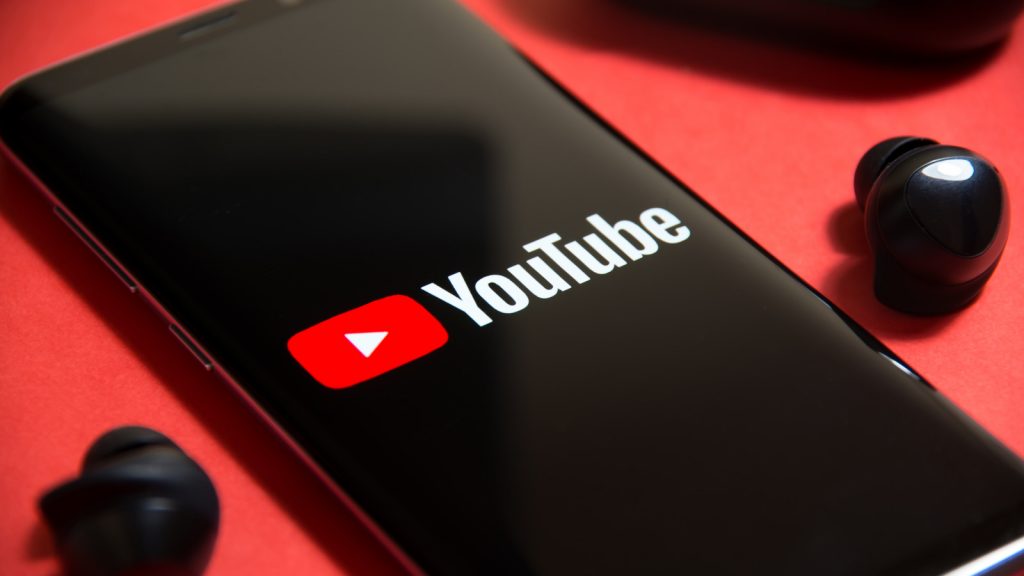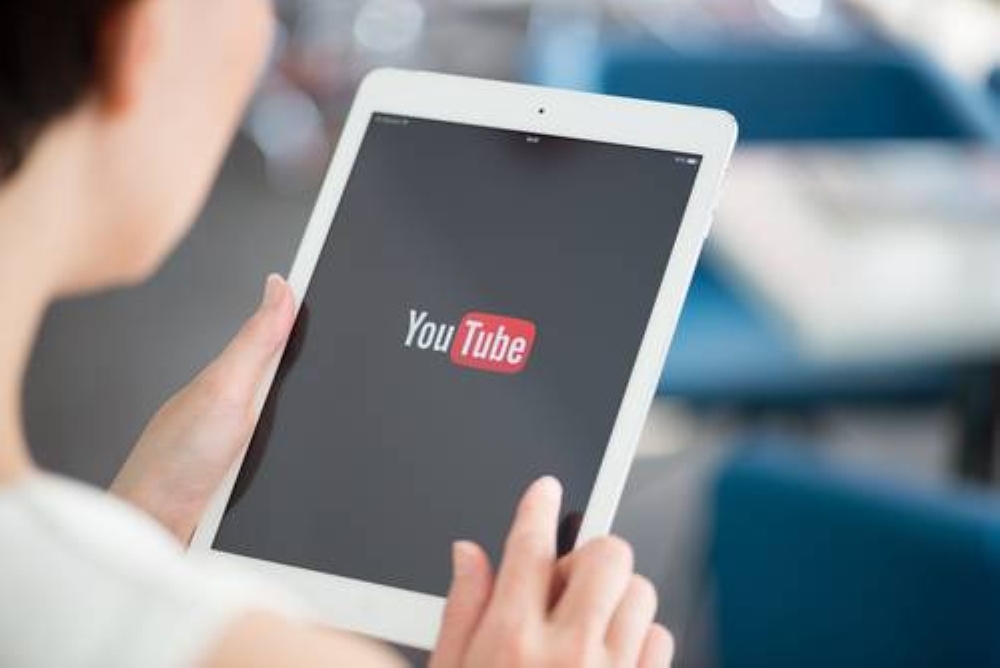
YouTube announced on Tuesday that it will begin removing false claims about cancer treatments, as part of an ongoing initiative to develop its medical misinformation policy.
Under its revised guidelines, YouTube will not allow “content that promotes cancer treatments proven to be harmful or ineffective, or content that discourages viewers from seeking professional medical treatment,” according to Dr. Garth Graham, head of YouTube Health, in a blog post published on Tuesday.
“This includes content that promotes unproven treatments in place of approved care or as a guaranteed cure, and treatments that have been specifically deemed harmful by health authorities,” he said, citing the deceptive assertion that patients should “take vitamin C instead of radiation therapy”.
The update is one of many steps YouTube has taken in recent years to develop its policy against medical misinformation, which also forbids false claims regarding vaccines and abortions as well as material that encourages or glorifies eating disorders.
YouTube is introducing a more comprehensive updated medical misinformation policy framework as part of the announcement, which will take into account content in three categories: prevention, treatment, and denial.
“To determine if a condition, treatment or substance is in scope of our medical misinformation policies, we’ll evaluate whether it’s associated with a high public health risk, publicly available guidance from health authorities around the world, and whether it’s generally prone to misinformation,” Graham said.
YouTube will take action on content that fits into that framework and “contradicts local health authorities or the World Health Organization,” he continued.
According to Graham, the goal of the policy is to maintain “the important balance of removing egregiously harmful content while ensuring space for debate and discussion.”

Graham said because of the disease’s high public health risk, its propensity for frequent misinformation, and the “stable consensus about safe cancer treatments from local and global health authorities”, cancer treatment fits YouTube’s updated framework for medical misinformation.
The difficulty, as with many social media policies, often lies in enforcing the policy rather than in its introduction. According to YouTube, its restrictions on false information about cancer treatments will take effect on Tuesday and be strictly enforced over the following few weeks. The company has previously claimed that it reviews videos and their context using both human and automated moderation.
YouTube also intends to advertise content about cancer from the Mayo Clinic and other reliable sources.
Source-CNN





